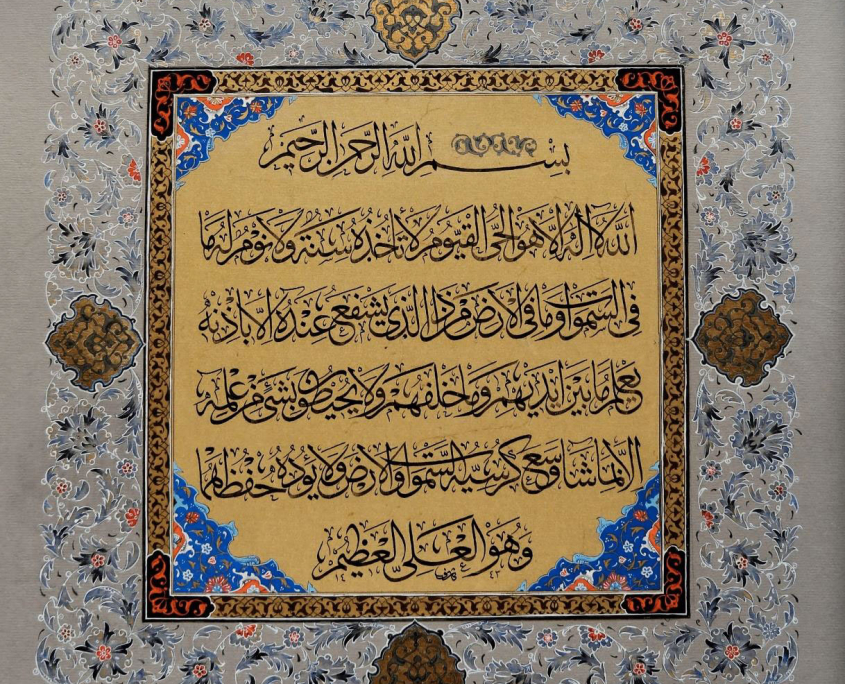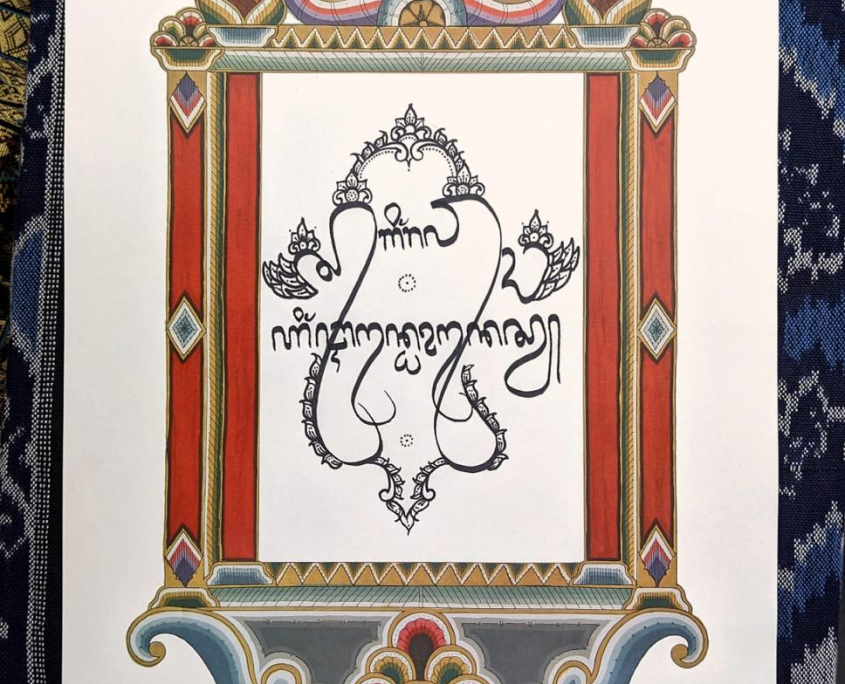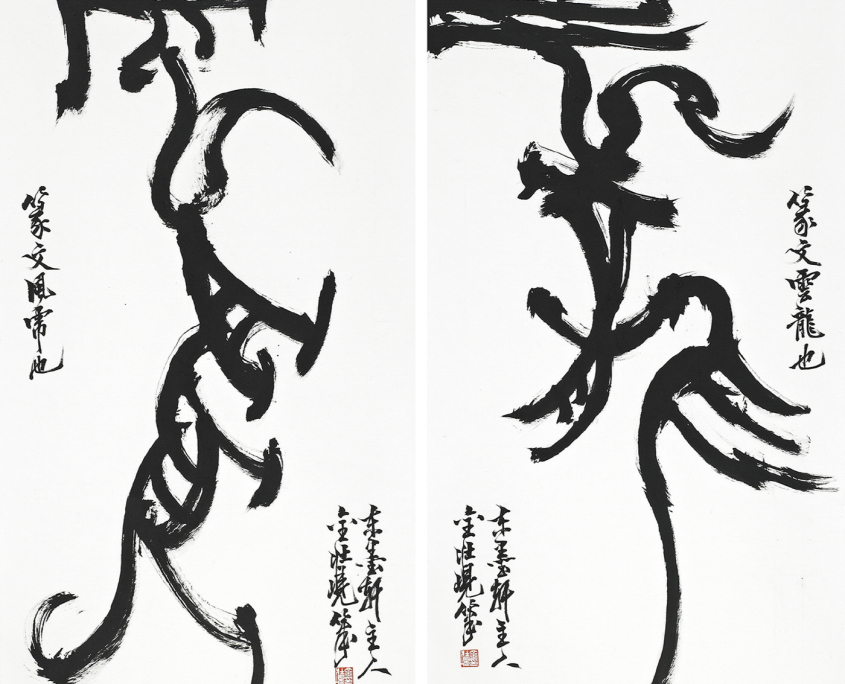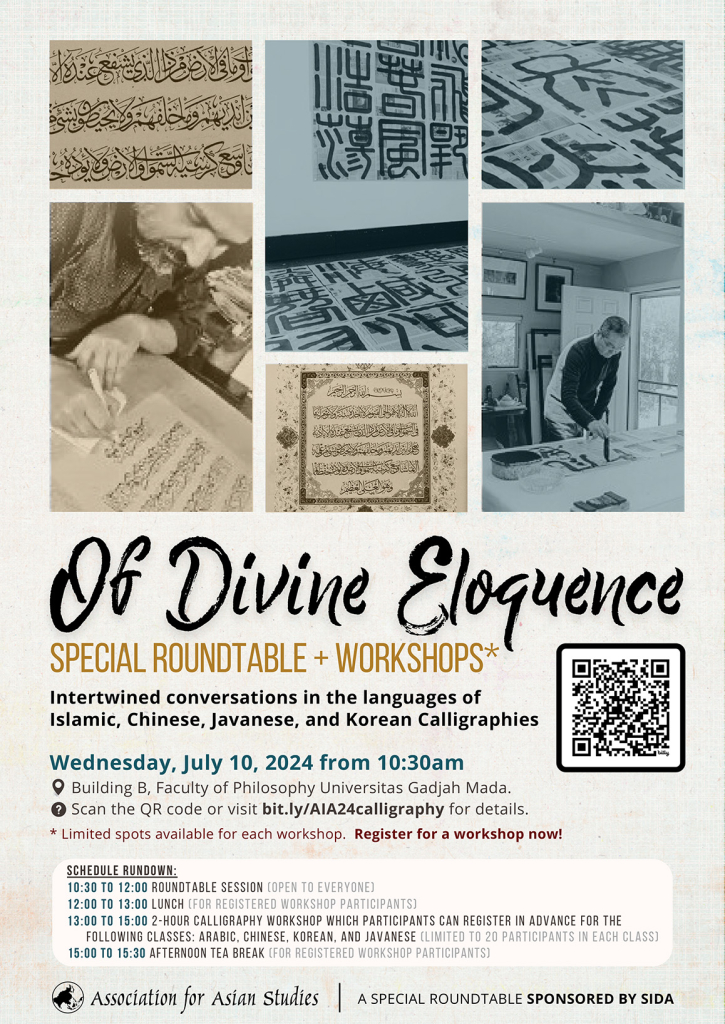In traditional Muslim art, calligraphy is believed to embody divine beauty. It is a medium that harmonizes the self and the universe thereby creating a profound singular experience. Each character is imbued with distinctive personality, symbolic significance, mathematical weight, ecological reference, physiological attributes, and esoteric meanings. Drawing letters shapes the artist’s perceptions, emotions, thoughts, and subjectivity, making calligraphy a dialogical act where drawing and the crafting of the self happen simultaneously.
Historically, flows of artistic knowledge and letters transcended national borders, making Asia one of the most cosmopolitan regions in the world. This special roundtable is a Pan Asia conversation between calligraphers from Indonesia, Pakistan, China and South Korea. Its aim is to discuss and illuminate the aesthetic sensibilities of each tradition while exploring and comparing syncretic paths of knowledge.
Drawing on a combined format of direct exchange, technical demonstrations and a workshop to engage the audience in the techniques, dispositions, and expertise that breathe life into the script, the artists will explain how this form of writing circulates and how it is shared by calligraphers across Asia. They will delve into calligraphy’s spiritual, ethical, and historical dimensions while addressing its challenges as we enter the age of artificial intelligence.
RUNDOWN
- 10:30 to 12:00 round table session (open to everyone)
- 12:00 to 13:00 lunch
- 13:00 to 15:00 2-hour workshop calligraphy which the participants can register in advance for the following classes: Arabic, Chinese, Korean, and Javanese (limited 20 participants in each class)
- 15:00 to 15:30 afternoon tea break
SPEAKERS
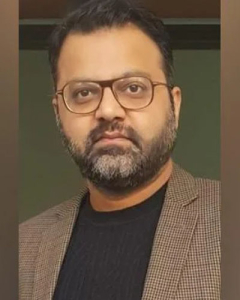
Noman Baig
Associate Professor in Social Development and Policy, Lecturer in calligraphy and Islamic Aesthetics, Habib University, Pakistan
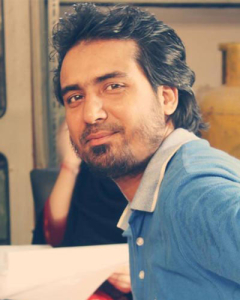
Kashif Khan
Sufi calligraphy master, Pakistan
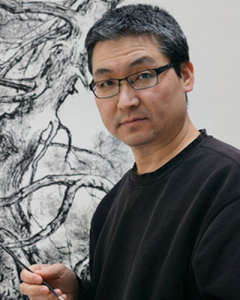
Mansheng Wang
Chinese calligrapher and painter
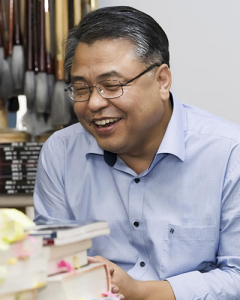
Kim Jang Hyun
Korean calligrapher
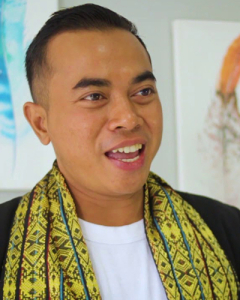
Wahono Simbah
Javanese calligrapher

